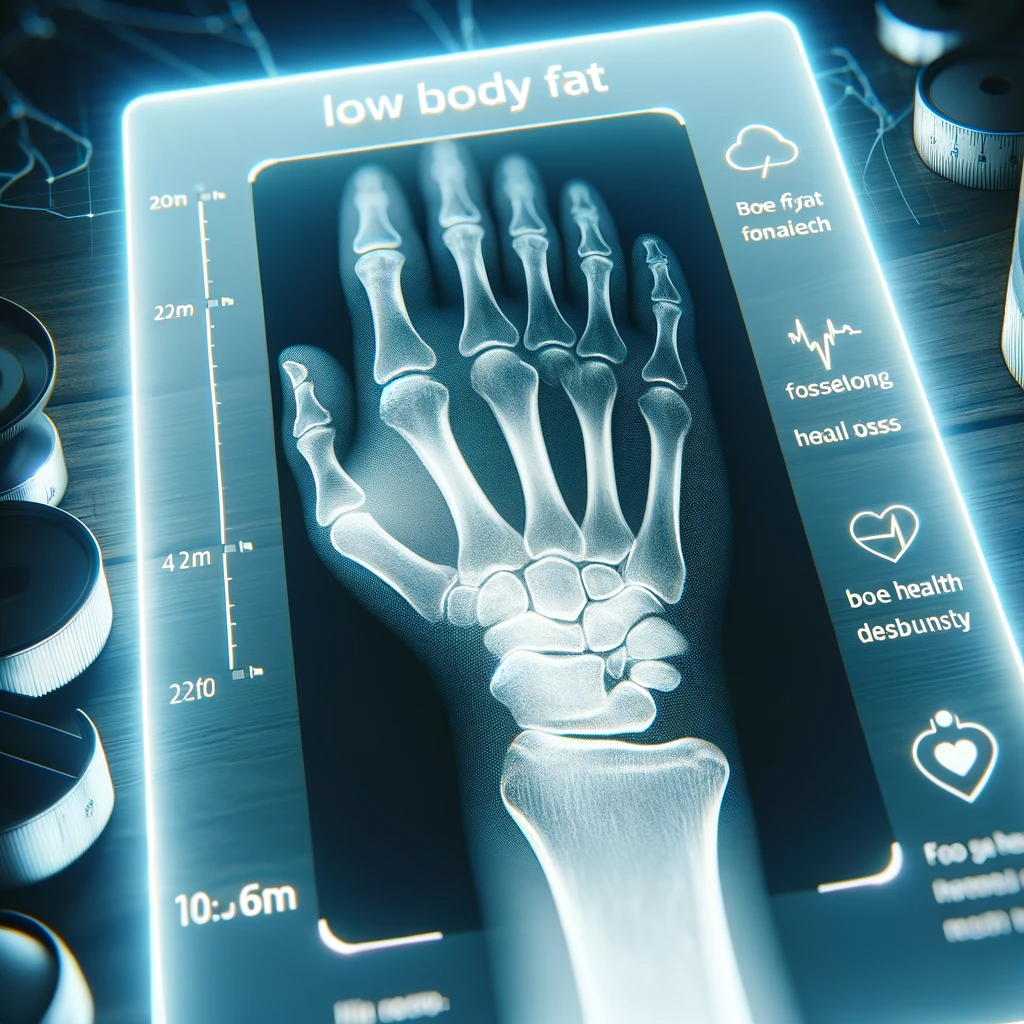In today’s fitness-conscious world, the pursuit of low body fat is often seen as a hallmark of health and attractiveness. However, what’s frequently overlooked are the potential risks associated with extremely low body fat levels. This deep dive into the subject sheds light on the less discussed adverse effects on both mental and physical health, challenging the glorification of leanness.

Understanding Body Fat
- Definition and Importance: Overview of what constitutes body fat and its roles in the body.
- Healthy vs. Low Body Fat: Explanation of healthy body fat ranges versus low levels.
- Perception and Reality: Discussing the societal perception of body fat and contrasting it with medical facts.
Physical Health Implications
- Hormonal Imbalances: Detailing how low body fat affects hormonal functions, with a focus on reproductive health.
- Weakened Immune System: Explaining the role of fat in immune function and how deficiency compromises it.
- Risk of Osteoporosis: Connection between fat levels and bone density.
- Cardiovascular Risks: Discussing how very low body fat can impact heart health.

Mental Health Consequences
- Body Dysmorphia and Eating Disorders: Exploring the psychological impacts leading to disorders like anorexia and bulimia.
- Mood Swings and Depression: The role of fat in regulating mood and how its deficiency can lead to mental health issues.
- Cognitive Impairments: How low body fat can affect brain function and cognitive abilities.
Balancing Fitness Goals with Health
- Finding a Balance: Strategies to maintain fitness goals while ensuring healthy body fat levels.
- Signs of Excessive Fat Loss: Recognizing when the pursuit of leanness becomes unhealthy.

Conclusion
Summarizing the need for a balanced approach to body fat, emphasizing that health should not be sacrificed in the pursuit of an aesthetic ideal. Encouraging readers to focus on holistic well-being over appearance.

